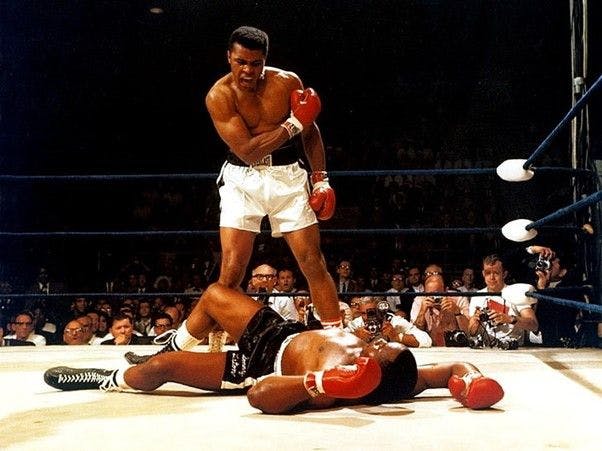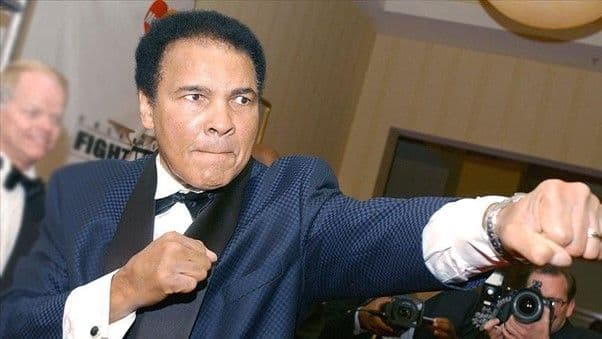Muhammad Ali: The Legend of the Boxing Ring

Introduction
Muhammad Ali, often hailed as "The Greatest," left an indelible mark on the world of sports and beyond. Born Cassius Marcellus Clay Jr. on January 17, 1942, in Louisville, Kentucky, Ali would rise to become a symbol of courage, determination, and charisma in the world of professional boxing. His life's journey, both inside and outside the ring, has inspired millions and continues to be celebrated even years after his passing.
Early Life and Boxing Career
Ali's fascination with boxing began at the age of 12, when he started training under the guidance of Joe Martin. His natural talent and dedication were evident as he swiftly rose through the ranks, eventually winning a gold medal at the 1960 Summer Olympics in Rome. The world was witnessing the emergence of a true sports icon.
Famous Fights and Achievements

Ali's boxing career was highlighted by his legendary encounters with opponents like Sonny Liston, Joe Frazier, and George Foreman. His unorthodox fighting style, characterised by swift footwork and lightning-fast jabs, set him apart from his peers. Notably, the "Fight of the Century" against Joe Frazier in 1971 and the "Rumble in the Jungle" against George Foreman in 1974 showcased his unparalleled skill and determination.
Nicknames, Religion, and Media Presence
Ali's self-confidence was reflected in his numerous nicknames, including "The Louisville Lip" and "The People's Champion." His conversion to Islam in 1964 and his adoption of the name Muhammad Ali symbolised his faith and identity. Despite facing backlash, he remained steadfast in his beliefs. Ali's charismatic personality also made him a prominent figure in the media, with his witty remarks and memorable interviews becoming legendary.
Beyond Boxing: Life After the Ring

After retiring from boxing in 1981, Ali remained active in various philanthropic efforts. Tragically, he was diagnosed with Parkinson's disease in the mid-1980s, which was believed to be linked to his years in the ring. Despite this setback, Ali continued to inspire and advocate for various causes, displaying unwavering strength in the face of adversity.
Legacy and Famous Quotes
Muhammad Ali's legacy extends far beyond his achievements in the boxing ring. His commitment to civil rights, his refusal to be drafted into the Vietnam War, and his advocacy for peace and justice left an enduring impact on society. His quotes, such as "Float like a butterfly, sting like a bee" and "I am the greatest," remain ingrained in popular culture, serving as reminders of his unique spirit and mindset.
Death and Funeral

On June 3, 2016, the world mourned the loss of Muhammad Ali. His passing marked the end of an era, but his legacy continued to shine brightly. His funeral, a global event attended by dignitaries, athletes, and fans alike, celebrated his life and contributions.
Conclusion
Muhammad Ali's life story transcends the realm of sports. He was not just a boxer; he was a symbol of resilience, conviction, and unwavering belief. From his stunning victories in the ring to his advocacy for social justice, Ali's impact is immeasurable. His legacy lives on through his words, his actions, and the inspiration he continues to provide to generations across the world. As we remember his achievements, his fighting spirit reminds us that greatness is not just a title, but a state of mind.